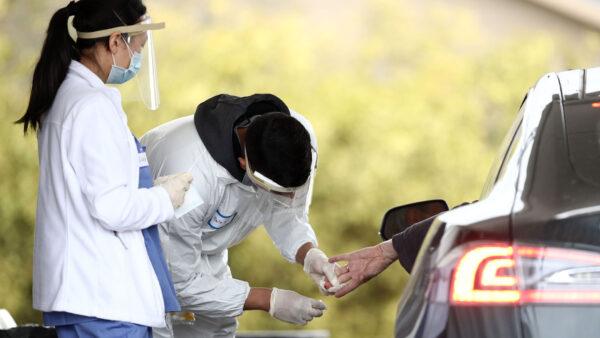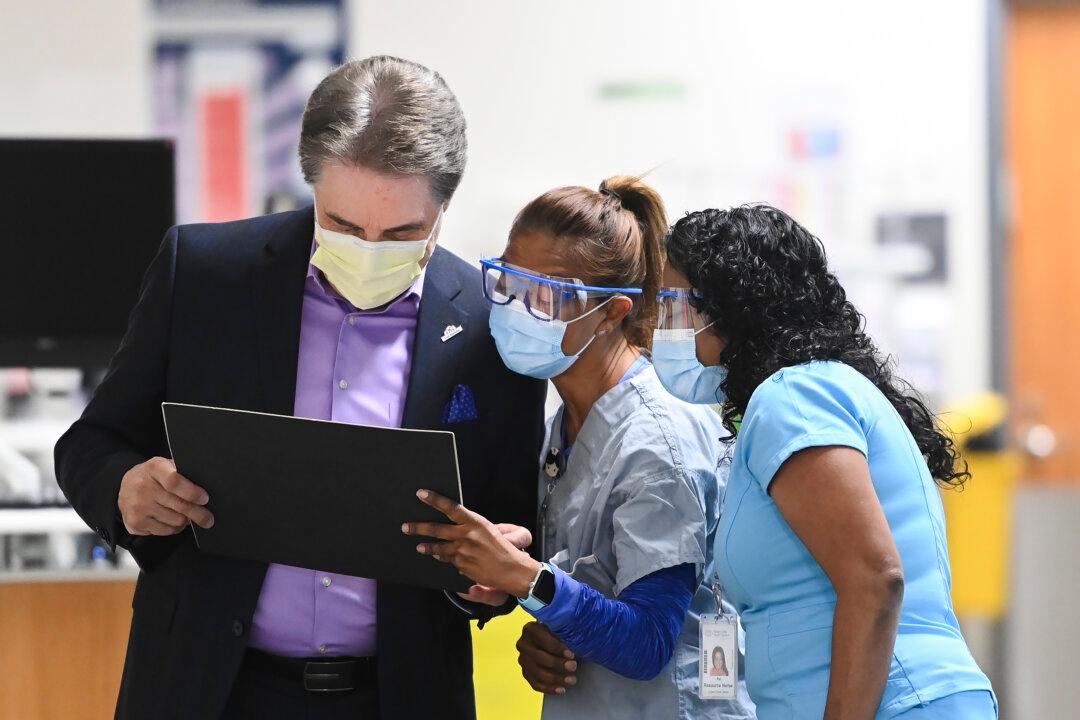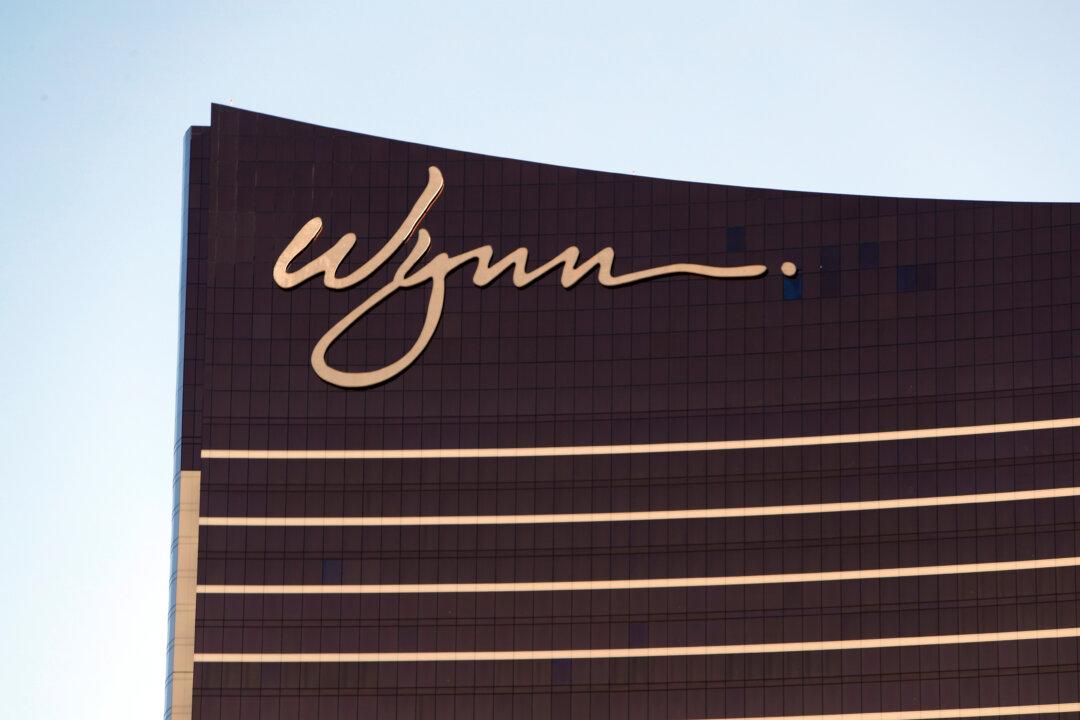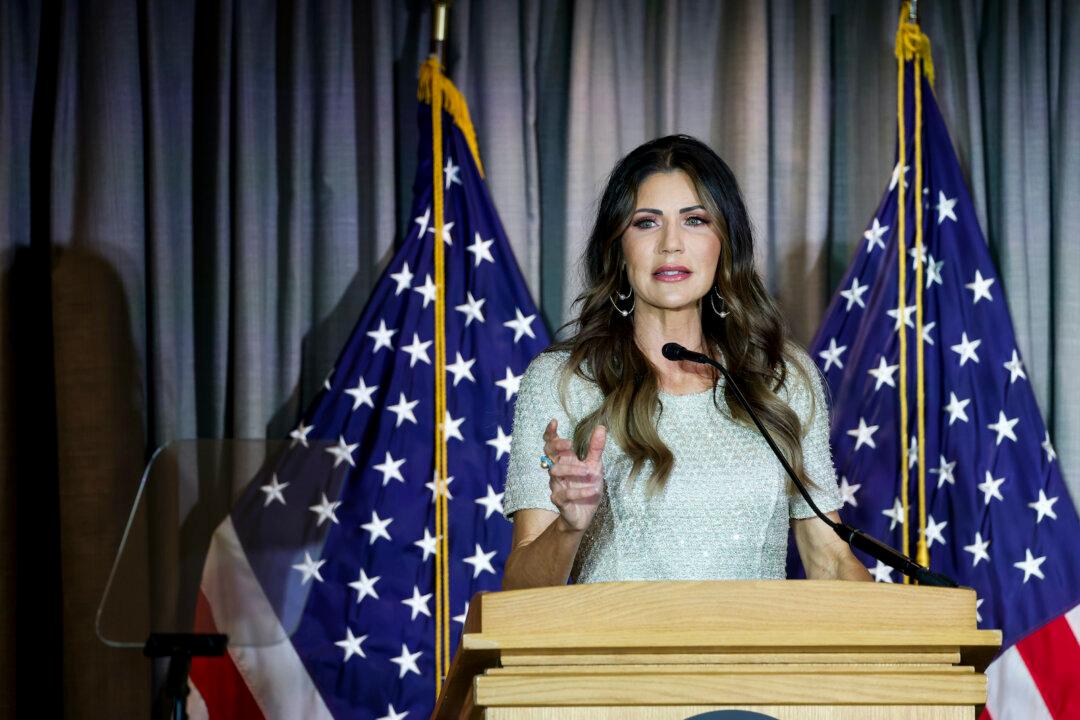California’s top state court has ruled that employees can’t sue their employers when workers contract COVID-19 on the job and spread it to their household members, siding with business groups who won’t be held liable.
The seven-member California Supreme Court on July 6 unanimously ruled that allowing so-called “take home COVID” claims could encourage businesses to adopt precautions that slow the delivery of services to the public or to shut down completely during pandemics.
According to the couple’s complaint, Corby Kuciemba had filed the lawsuit, saying she became seriously ill in the hospital after her husband contracted COVID at his job with Victory Woodworks Inc in 2020 and passed it to her before COVID-19 vaccines were available.
She alleged that Victory Woodworks had been aware of workers falling ill with COVID-19 at another work site in California but had nonetheless transferred workers from that site to the San Francisco site, where they worked close to her husband.
A medical professional administers a coronavirus (covid-19) test at a drive thru testing location conducted by staffers from the University of California, San Francisco Medical Center (UCSF) in the parking lot of the Bolinas Fire Department in Bolinas, Calif.,on April 20, 2020. Ezra Shaw/Getty Images





